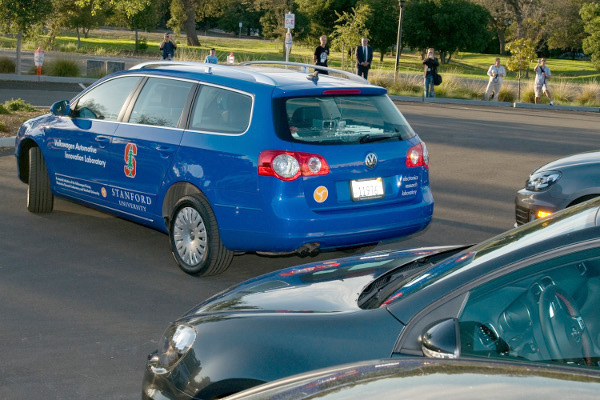What's this odd twitter spam about?
Submitted by brad on Sat, 2009-11-28 16:48Some recent searches have revealed unusual activity on twitter, and I wonder where it's going. Narcissus searches on twitter reveal a variety of accounts tweeting links into my blog and sites, for reasons not clearly apparent.






